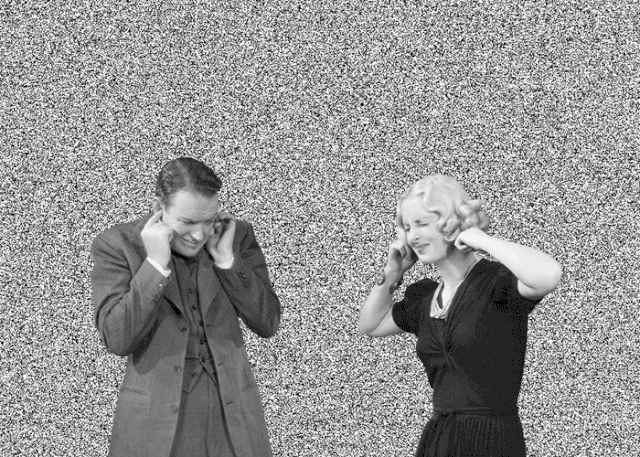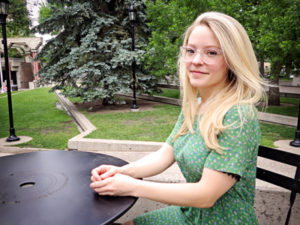Programming with COVID
Trying to salvage an artistic season for a small, niche, music organization during a pandemic
As a member of the Calgary Arts Development team, I’m the operations manager and I handle things like office management, human resources, board governance, and the largest chunk of my workload (which was especially daunting in 2020) is acting as a one-woman finance department (with valuable contracted help from our accountant).
In the flurry of granting activity that we’ve had with numerous streams of emergency COVID-19 relief funding, I’ve been in the privileged position of getting the money out the door to those struggling in the midst of a global pandemic.
I’m also in the unusual position of experiencing both sides of the cash flow during this time, as I’m a composer and co-artistic director of New Works Calgary, a music presenting and producing organization that programs performances of contemporary classical and experimental chamber music in the city.
With strict limitations around travel and performance, and the varying comfort levels of performers and arts workers, navigating concert production during this time has felt like a melodramatic logistical and existential battle.
- What capacity do we have to create online content, knowing the music we program is often dynamically sensitive and largely created to be experienced live?
- To what extent are we willing to push artists to change their work and adapt their performances to the COVID context, or create something new with that context in mind?
- With screen-fatigue setting in for many, how do we best navigate online projects and performances?
- If we charge admission for online content, do we lose the opportunity to reach a wider audience than we would normally reach in person? Can we afford to not charge?
- Facing the uncertainty of the spring, will we be legally allowed to present our planned programming in person? And if so, is it responsible to do so?
- Is it possible that laying low is the most responsible option for some, and would we face heightened scrutiny from funders and the community if we made that choice?
- Where do we find for ourselves the balance between remaining safe and remaining active as an arts organization?

I’m not sure there are any right or wrong answers to any of these questions, and the solutions will involve arts organizations and artists doing what feels best for their creations and their safety, yet these are decisions that I personally grapple with on a daily basis. What is possible, what is artistically valuable, and most importantly, what is safe?
For some, losing a season of programming may provide a unique opportunity to reflect and restructure. Some are using this gift of time to address systemic inequities within organizational structures and artistic programming, and prioritize doing the difficult and time-consuming work that comes with it. Others have been incredibly creative with scaled-back performances and collaborative digital projects. Yet many have not had the luxury of flexibility as wide-spread layoffs have left a wake of unemployed artists and arts workers, and those remaining facing increased pressure to create revenue-generating content in order to make ends meet.
New Works has cautiously opted to take a fairly low-key approach so far, and we are incredibly lucky to be small enough that we can afford to do so. During the first wave we cancelled any performances planned in the fall of 2020, and instead created a monthly podcast showcasing interesting and innovative sound artists, alongside conversations about creation and process.
When cases were down and things were feeling a bit safer, we committed to a small performance with a live audience that would have taken place in November. That show was promptly cancelled as cases once-again skyrocketed in the province. 2021 will likely see us take on a series of online workshops, recorded video performances, and hopefully live performances as well.
But for the time being, we and the many artists we are thrilled to be working with, are currently choosing to remain flexible with dates and delivery mechanisms as we navigate what’s best for our artists and our audience.
I am quite desperately looking forward to an eventual return to live performances when we can once again gather and confuse audiences with strange noises, but only if and when it is truly safe to do so. In the meantime, I’ll be in my house, hopping on and off of Zoom meetings, and sending direct-deposit grant payments to you and yours.

Lesley Hinger joined Calgary Arts Development in March 2016, supporting the administrative needs of the president and CEO, board of directors, and staff. Lesley has worked in fund development at the University of Calgary and has held numerous positions with some wonderful arts organizations.
Lesley is a composer of acoustic and electroacoustic music, and holds a Doctorate of Musical Arts in Composition from Boston University. Her works have been performed across North America and Europe, and she co-founded the Boston-based Acoustic Uproar concert series. Lesley is also a sessional instructor of music theory and composition at the University of Calgary, and is the co-artistic director of New Works Calgary.
